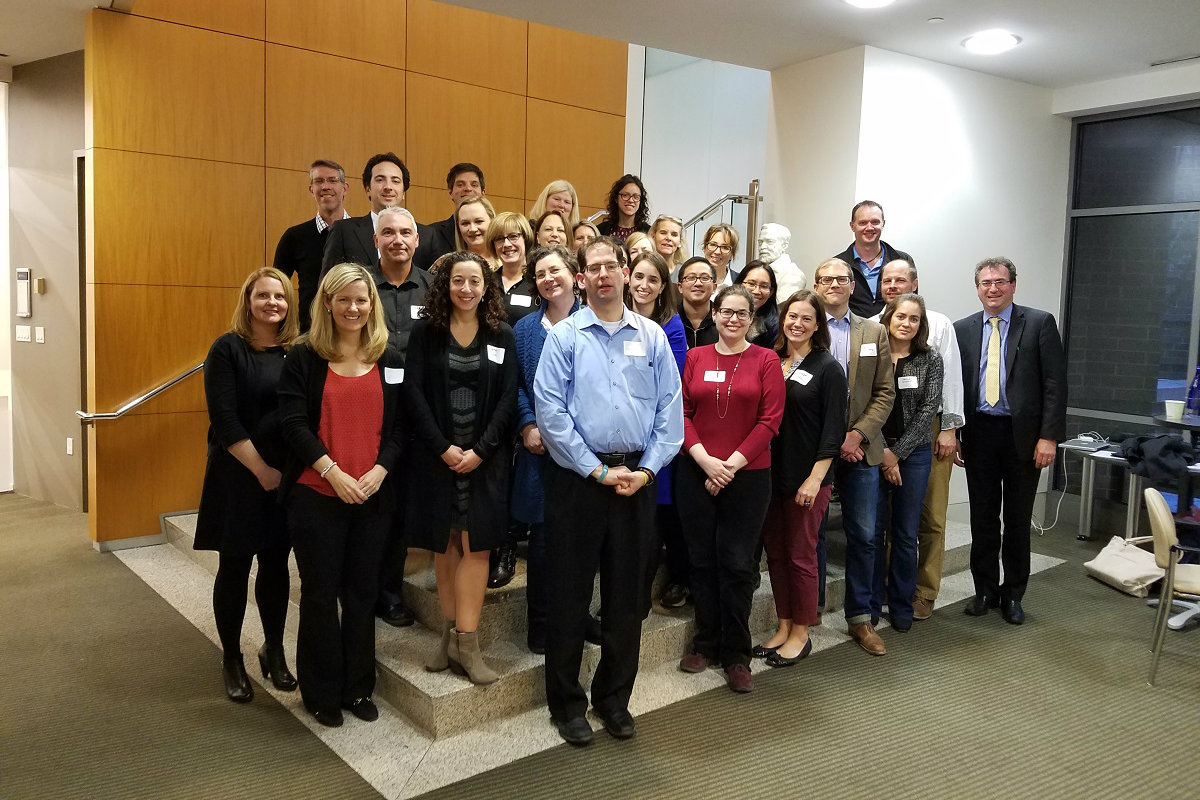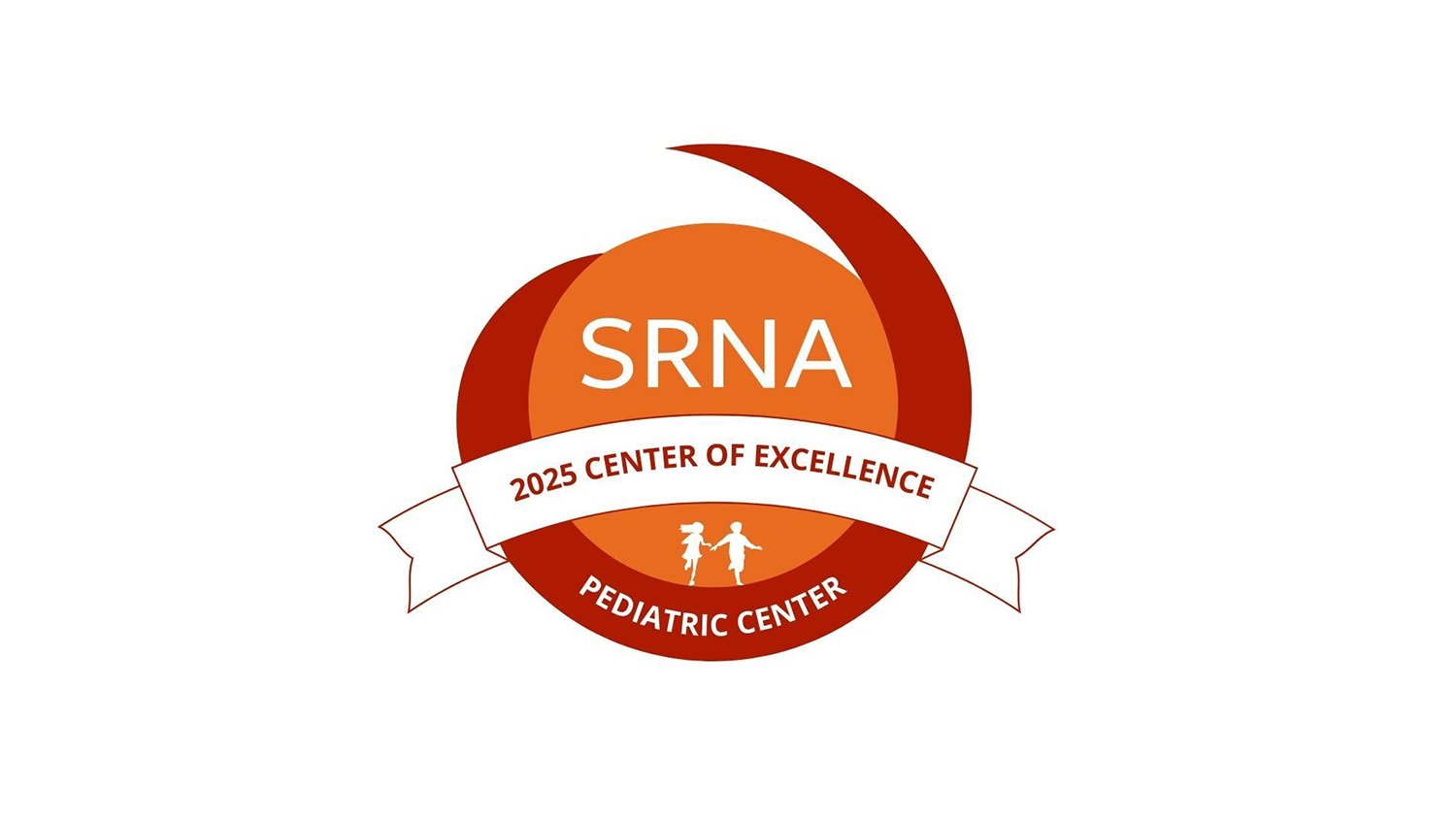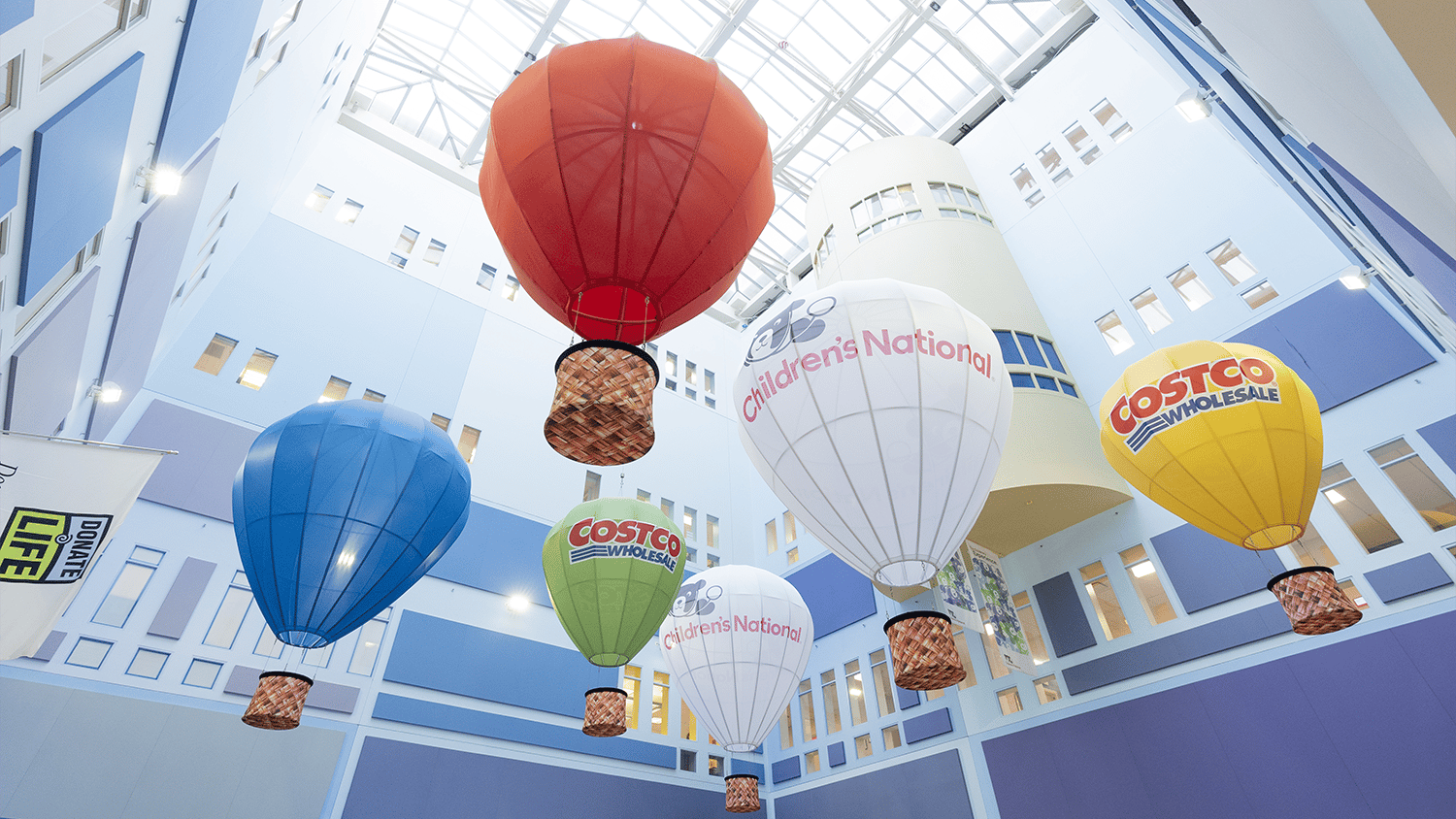
Neuro-Immunology Program

In children with autoimmune disorders, the body’s natural defense system attacks its own healthy cells. Neuro-immune diseases target the brain and nervous system. These disorders can affect a child’s ability to eat, walk, talk, think or move normally.
Our Providers
Our pediatric specialists provide personalized care for your child’s physical, mental and emotional health needs.
Contact Information
For appointments, please call 1-888-884-BEAR (2327) and for information, call 202-476-2120.
Bringing Help and Hope to Families
The Neuro-Immunology Program at Children’s National Hospital is among one of the few programs of its kind in the nation. Our top-tier specialists lead the way in treating complex pediatric disorders of the brain, spinal cord and immune system. Neurologists from around the country send children to us to assess and treat complex neurological autoimmune (neuro-immune) conditions.
Children’s National brings a multidisciplinary focus to every child’s care. This includes extensive expertise in rare disorders such as antibody-identified autoimmune encephalitis (AE) – a serious condition causing brain inflammation and central nervous system injury.
From critical-care interventions to the joy of seeing children return to normal school and play activities, we bring help and hope to families.
Our Designation

Children's National Hospital is honored to be recognized as a Siegel Rare Neuroimmune Association (SRNA) Center of Excellence in Rare Neuroimmune Disorders (CERND). We are committed to providing world-class care to children with complex neuro-immune conditions.
Choosing the Children's National Neuro-Immunology Program
Highlights of the Neuro-Immunology Program at Children’s National include:
- Neuro-immunology expertise. Neurologists on our team have highly advanced neuro-immunology education and pediatric experience. We work in unison, alongside other highly specialized medical disciplines. Directed by child neurologist Elizabeth Wells, MD, this team is at the forefront of knowledge and care for AE, multiple sclerosis (MS) and other inflammatory diseases, with added expertise in movement disorders.
- More specialists in each family-focused visit. To make your child’s care easier, a full range of multidisciplinary specialists and services are readily accessible – from diagnostic neuroimaging and treatment through rehabilitation. Tailored teams come together at every step to evaluate your child’s treatment and progress. We offer sophisticated medical attention and support from providers who love helping children.
- Smart neuro-rehabilitation strategies. Starting therapy sooner works wonders in a child’s long-term recovery. Physical, occupational (daily activities) and speech rehabilitation therapists step in as early as day one – even for children receiving intensive care. They work with skill and sensitivity to improve a child’s ability to speak, think and move freely.
- Continuity of care. Our program coordinator is your point of contact and guide throughout your child’s care. Our team also includes an epilepsy liaison if needed to coordinate with our Comprehensive Pediatric Epilepsy Program. Doctors and providers who know your child stay closely involved at every step. Our team ensures smooth transitions between inpatient hospital stays and outpatient clinical visits. Your child always receives consistent care from Children's National providers who are familiar with his or her medical history and needs.
- Pioneering international AE partnership. Children’s National neuro-immune experts work with other leaders to improve care and find a cure for AE. Our partnership helps turn scientific discoveries into new hope and life-changing therapies for children and families fighting this disease. We joined the AE Alliance and the Childhood Arthritis and Rheumatology Research Alliance (CARRA) to host the first International Pediatric Autoimmune Encephalitis Treatment Consensus Meeting. We gathered experts from around the world to share experiences and align research priorities.
Family-Centered Care
Childhood illness brings its own heartbreak, but we work together to lighten that burden. You know your child best, and your family is an essential part of our team. This includes discussions and decisions about care. Many families find comfort in sharing with others personally affected by neuro-immune disorders. Children’s National facilitates families helping each other through support networks and volunteering.
Research-Driven Approach
Our neuro-immunology clinicians are physicians and scientists, bringing cutting-edge treatments to your child. Parents can also choose to help by confidentially contributing some of their child’s medical information or biological samples (blood and spinal fluid) to large, anonymous databases. These help our doctors study and improve care for neuro-immune conditions.
Clinical trials offer yet another way to help and be helped as doctors test promising new therapies. As new studies arise, you can choose to enroll your child in a carefully controlled study that enables them to try a new medication or treatment not yet widely available. Doctors, nurses and specially-trained social workers will meet with you to discuss the benefits and risks. They will also share alternative treatment options, so you can make the choice that’s best for your family.
Comprehensive Treatment Plans
A customized team of specialists will meet before and after appointments with your doctor and family to discuss your child’s condition and care. We will develop and adapt a targeted treatment plan that can include leading edge immunotherapy, which is therapy that stimulates the body’s own immune responses to fight disease, medical treatments and other therapies.
The Neuro-Immunology team at Children’s National includes these and other specialists who may contribute to your child’s care:
- Critical care specialists
- Hospitalists
- Occupational therapists
- Neurologists
- Neuropsychologists
- Nurses
- Neuroradiologists
- Neurosurgeons
- Pharmacists
- Physical medicine and rehabilitation physicians
- Psychologists
- Social workers
- Speech therapists
Conditions We Treat
- Antibody-identified autoimmune encephalitis (AE)
- Acute disseminated encephalomyelitis (ADEM)
- Febrile infection related epilepsy syndrome (FIRES)
- Infectious encephalitis
- Multiple sclerosis/demyelinating disease
- Neuromyelitis optica spectrum disorders (NMOSD)
- Opsoclonus myoclonus ataxia syndrome
- Other central nervous system (CNS) inflammatory lesions
- Primary CNS vasculitis
- Transverse myelitis
Locations

Main Hospital
- Specialty Care
- Emergency Care




